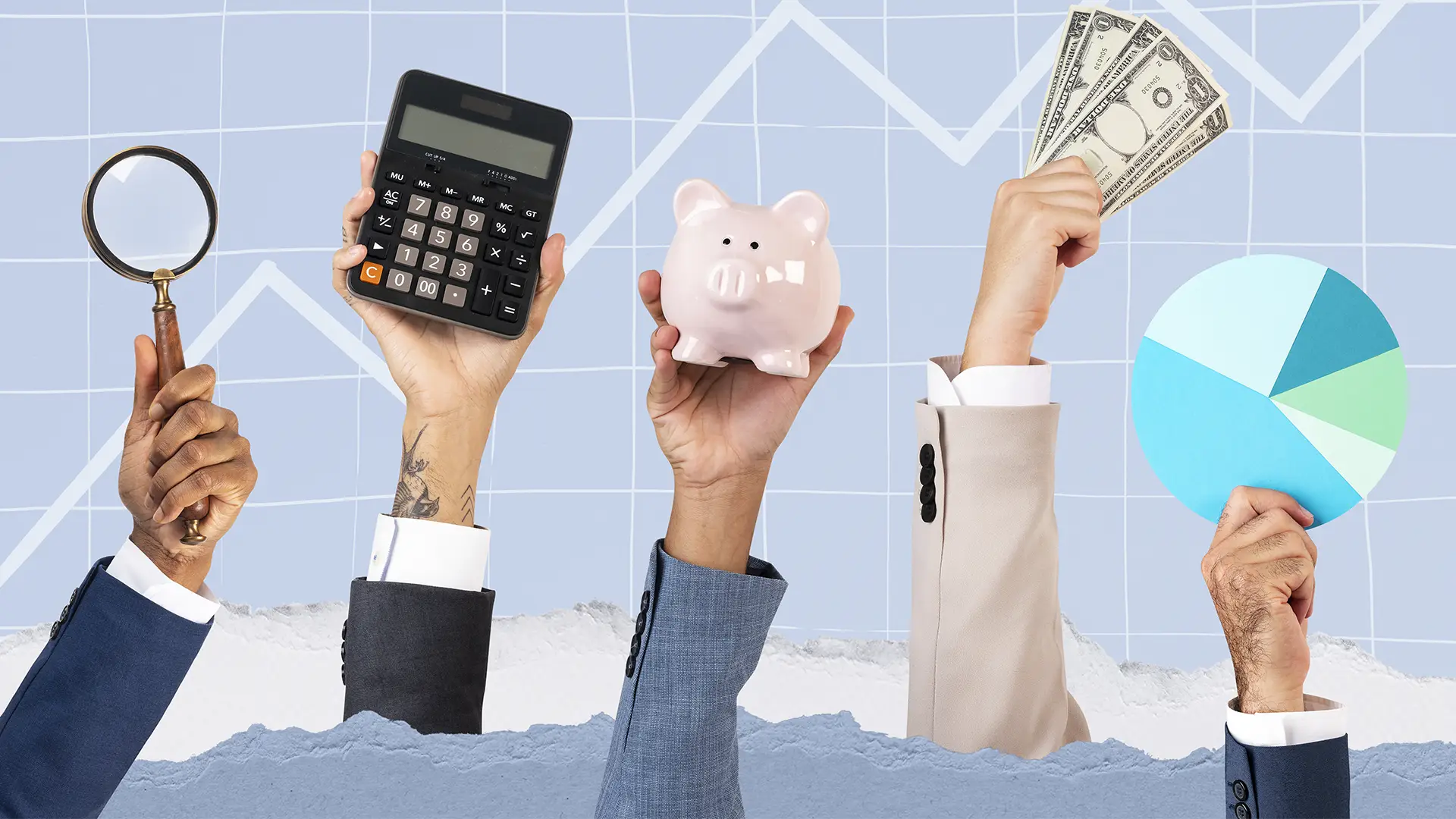In the past, it takes one apple a day to keep the doctor away, now, it still takes one but for the price of five. It’s so hard to think that we are now living in the Land of Funny Money – where the price of goods increases while wages do not at all. Global inflation is currently at almost 2% annual change, far off the negative mark we had before the pandemic. But, why do you care?
What is Inflation?
Inflation refers to the general increase in prices of goods and services in an economy over a period of time. This means that as time passes, the same amount of money will be able to buy fewer goods and services than before.
Inflation can be caused by a variety of factors, such as an increase in demand for goods and services, an increase in production costs, or a decrease in the supply of a particular commodity.
Who suffers most from inflation?
Inflation affects everyone – but mostly the poor. This is not hearsay. There’s a balance of evidence on how this can happen.
You see, people born with silver spoons in their mouths don’t care if their money in the bank could buy less and less every year. Or rather spend most of their days thinking about how earning less than $7,000 a month can be a suitable budget for an average family.
Why?
Imagine a person with no assets and who only makes $30,000 a year has seen 5% inflation annually. That’s a $1,800 loss on his purchasing power. Whereas, a rich person with a $30 million investment income with other assets sees it as a wealth increase because their source of money is more likely to keep pace with inflation.
The fact presented is to not blame the rich but to show how inflation badly affects those with lower income compared to those who have a higher purchasing power. To state the obvious, caring about inflation means being concerned–in linking arms, with low to middle-income earners.
Now, do you realize how inflation can make your cash worth less? Maybe yes, maybe no. Especially if you are smart with your money.
As it happens, caring about inflation also means finding a way to avoid going down the rabbit hole. It means becoming a sale shopper, being strategic with your savings, reassessing your spending habits, using inflation as a favored borrower, looking for other sources of income, and lastly, what’s the magic word? Ah, investing.

How investing can beat inflation?
When you invest, you are earning a return on your money that is greater than the rate of inflation. This means that your money is growing faster than the rate at which prices are rising, and you can continue to afford the things you need.
There are several ways to invest your money, including stocks, bonds, real estate, and mutual funds. Each of these options carries its own level of risk and potential reward. Historically, stocks have provided the highest return on investment over the long term. But whatever type of investment you decide to pursue, doing your due diligence to research and making sure that you only invest what you afford to lose are important.
References:
https://www.weforum.org/agenda/2022/02/what-is-inflation-radio-davos/
https://www.clevelandfed.org/center-for-inflation-research/inflation-101/why-should-you-care-start
https://www.investopedia.com/ask/answers/111414/how-can-inflation-be-good-economy.asp
https://goldcountrymedia.com/news/135064/how-inflation-makes-benefits-the-rich-hurts-the-poor/








































Leave a Reply